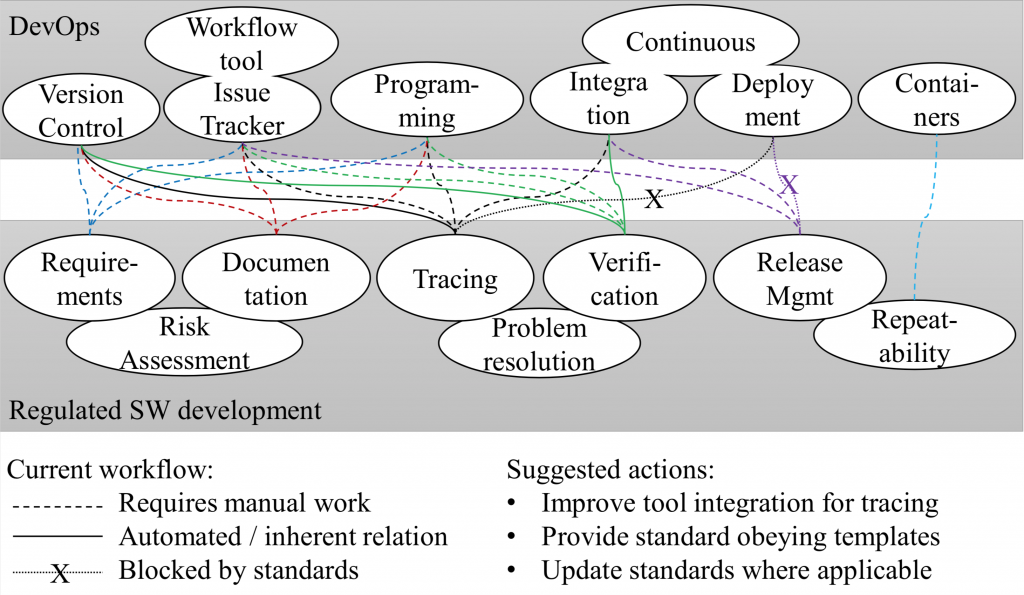We have co-authored a top tier paper on research collaboration and experiences between academia and industry in Finland. The paper: Continuous and collaborative technology transfer: Software engineering research with real-time industry impact is available online (freely until March 31, 2018) from the web site of Information and Software Technology.
Summary:
Traditional technology transfer models rely on the assumption that innovations are created in academia, after which they are transferred to industry using a sequential flow of activities. This model is outdated in contemporary software engineering research that is done in close collaboration between academia and industry and in large consortia rather than on a one-on-one basis. In the new setup, research can be viewed as continuous co-experimentation, where industry and academia closely collaborate and iteratively and jointly discover problems and develop, test, and improve solutions.
Research questions:
- How can high-quality, ambitious software engineering research in a collaborative setup be conducted quickly and on a large scale?
- How can real-time business feedback to continuously improve candidate solutions be gained?
The proposed model has been created, refined, and evaluated in two large, national Finnish software research programs. For this paper, we conducted thematic interviews with representatives of four companies who participated in these programs.
The fundamental change is in the mindset of the participants from technology push by academia to technology pull by companies, resulting in co-creation. Furthermore, continuous cooperation between participants enables solutions to evolve in rapid cycles and forms a scalable model of interaction between research institutes and companies.
The multifaceted nature of software engineering research calls for numerous approaches. In particular, when working with human-related topics such as company culture and development methods, many discoveries result from seamless collaboration between companies and research institutes.

